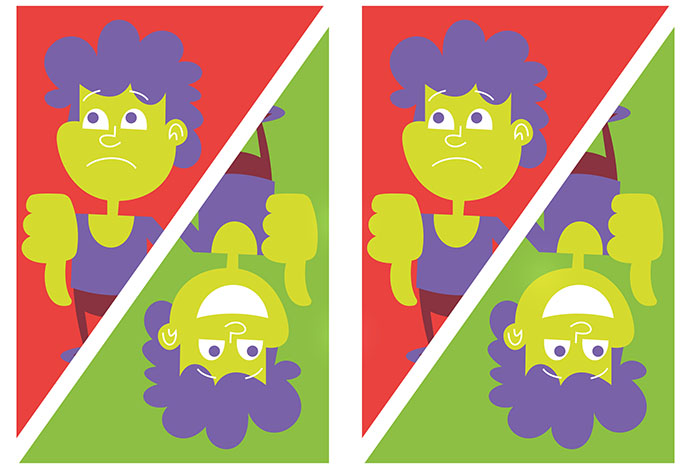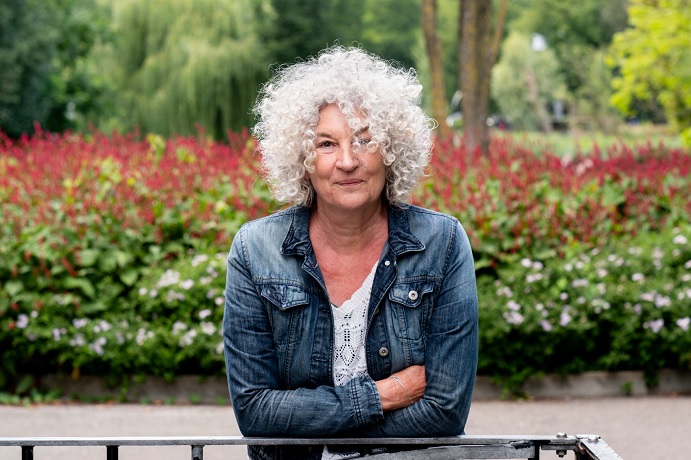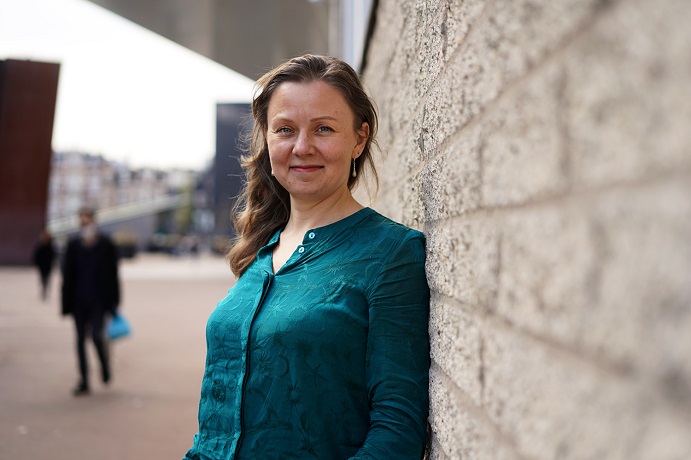Game for more social safety

Card Game Social Safety
Safety is an important theme. Also within volunteer organizations. Can a child become friends with the homework supervisor on Facebook? Can a volunteer earn some extra money by doing odd jobs for a client? It is not always clear where the line is drawn. What is allowed and what is not? Opinions may differ on this matter. But it is important that everyone within your organization thinks the same about it. This way, you can address each other and prevent boundary-crossing behavior as much as possible. And if it does happen, act appropriately.
The Social Safety Card Game helps you search for nuance. It helps you articulate what you find acceptable and what you do not. It helps you think about what is not allowed within the organization and where the leeway lies in volunteering and making agreements on rules and regulations together. We have created two versions, one for volunteers working with children and one for volunteers working with vulnerable adults. Download the game and manual here.
- Card game Social Safety – children
- Card Game Social Safety – Adults
- User Manual Card Game Social Safety
Where is the border?
When it comes to involvement and detachment, intimacy and physical contact, there are always areas where the boundaries are blurred. You usually can’t just say: this is allowed or this is not allowed. This can vary from situation to situation and from child/young person/participant. The answer to the question of where the limit lies is nevertheless simple: the limit is where the other person sets it. That limit is indicated by someone in one way or another. What someone considers desirable and undesirable is personal, and that personal boundary must be respected. However, this requires people to be able to set boundaries. Some children/young people/participants have not learned or have actually unlearned to set boundaries.
This means that as a volunteer coordinator or confidential contact person, you actively work on creating a safe climate in which children/young people and participants can and may have boundaries. This does not mean that a taboo should be placed on all intimacy or physical contact. This would mean impoverishing positive interaction and guidance. Openness and the ongoing conversation about how and why you do something remain the most important. There is always one boundary: not having sexual contact with children/young people. This is punishable under the Criminal Code. This boundary transcends the individual experiences of children, young people, employees, and volunteers.(In Safe Hands NOV)
Get started
Are you ready to start playing this game,Download the mapsPrint them double-sided on a color printer. Choose the cards that are relevant to your situation and have a conversation with each other. You can also ask a VCA advisor to play the game with you and guide the conversation.Game mode 1
Goal: Discussing intimacy, engagement, boundaries, and social norms togetherChoose a number of situation cards as the game leader. Give the players a green and a red card. Read out a situation card. Have the players lay down a green card (this is ok) or a red card (this is not ok). Discuss together: Is this ok or crossing the line? Why? What happens in the relationship between the volunteer and the participant?Game mode 2
Goal: Creating rules of conductChoose as a game leader a card or a few cards from the game to play during a team meeting or an intervision. Or use a card as a starter for a meeting. Play the game as in game form 1. Try to come to a clear standpoint based on arguments and formulate this into a rule of conduct.Game mode 3
Goal: Practice addressing each other’s behavior?As the game leader, select a number of situation cards. When you notice someone behaving clumsily or crossing boundaries, it is advisable to address that person. This can be challenging. One reason for this is that people feel like they are judging or accusing someone. Practice in small groups how to address someone’s behavior without it seeming like you are judging or accusing someone. Use the conversation skills card for this.Game mode 4
Goal: Reflection on a situation from practiceInterview each other, or have a 1-on-1 conversation with a volunteer, or discuss it in a meeting. Describe a situation that you found challenging. How did you handle it? What are you satisfied with? What would you do differently next time with the knowledge you have now? Did you discuss your situation with someone at the time? Why not? With whom, and how did you experience that?
Advice
And if you need advice because something went wrong after all? Checkthe phone numbersthat you can consult immediately. You can also get in touch with theConfidential Contactsvan VCA.www.vca.nu/safety



